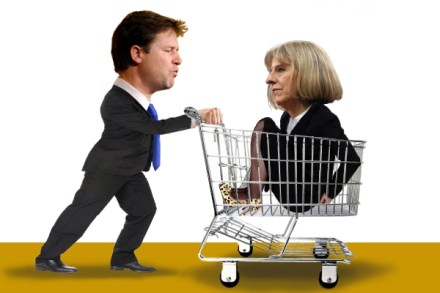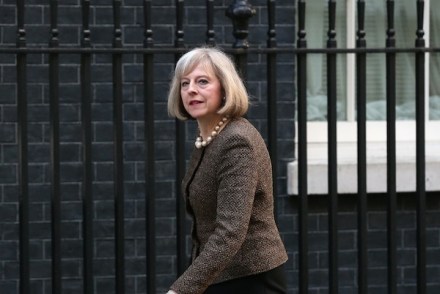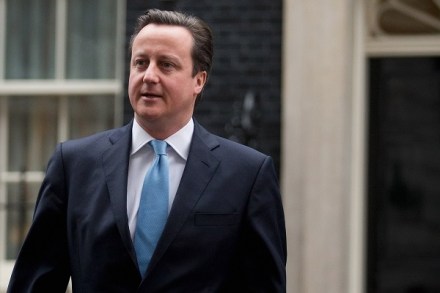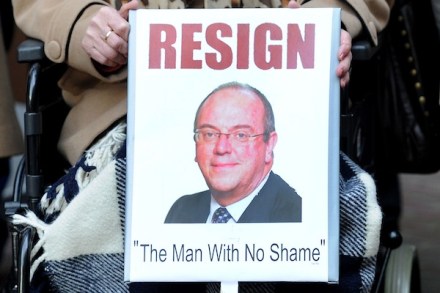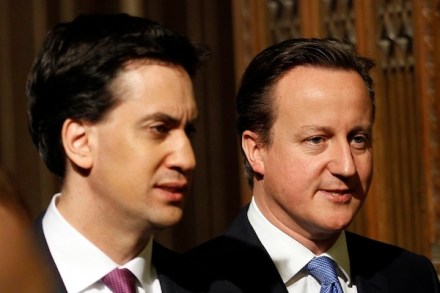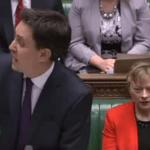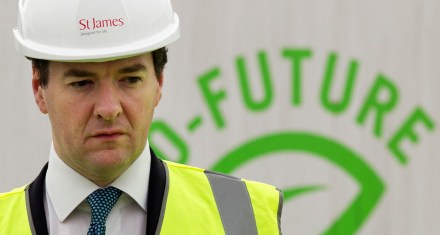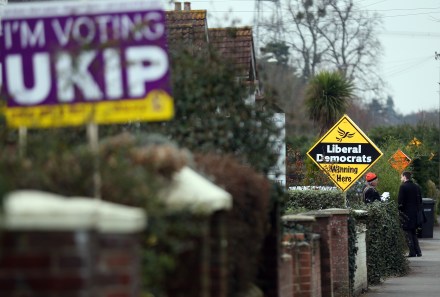Clegg: the Tories are like a broken shopping trolley – they always veer to the right.
If you want to know what the Liberal Democrat’s message at the next election will be, read Nick Clegg’s speech to the party’s Spring Conference today. He kept to the refrain that the Liberal Democrats are for a stronger economy and a fairer society and you can’t trust the Tories with society or Labour with the economy. In a sign of the new, more disciplined Lib Dem machine there were no detours from this core theme. Listening to Clegg, you would have had no idea that the leadership had lost a vote on secret courts this morning. Clegg knows that his internal position hasn’t been this strong since the Liberal
